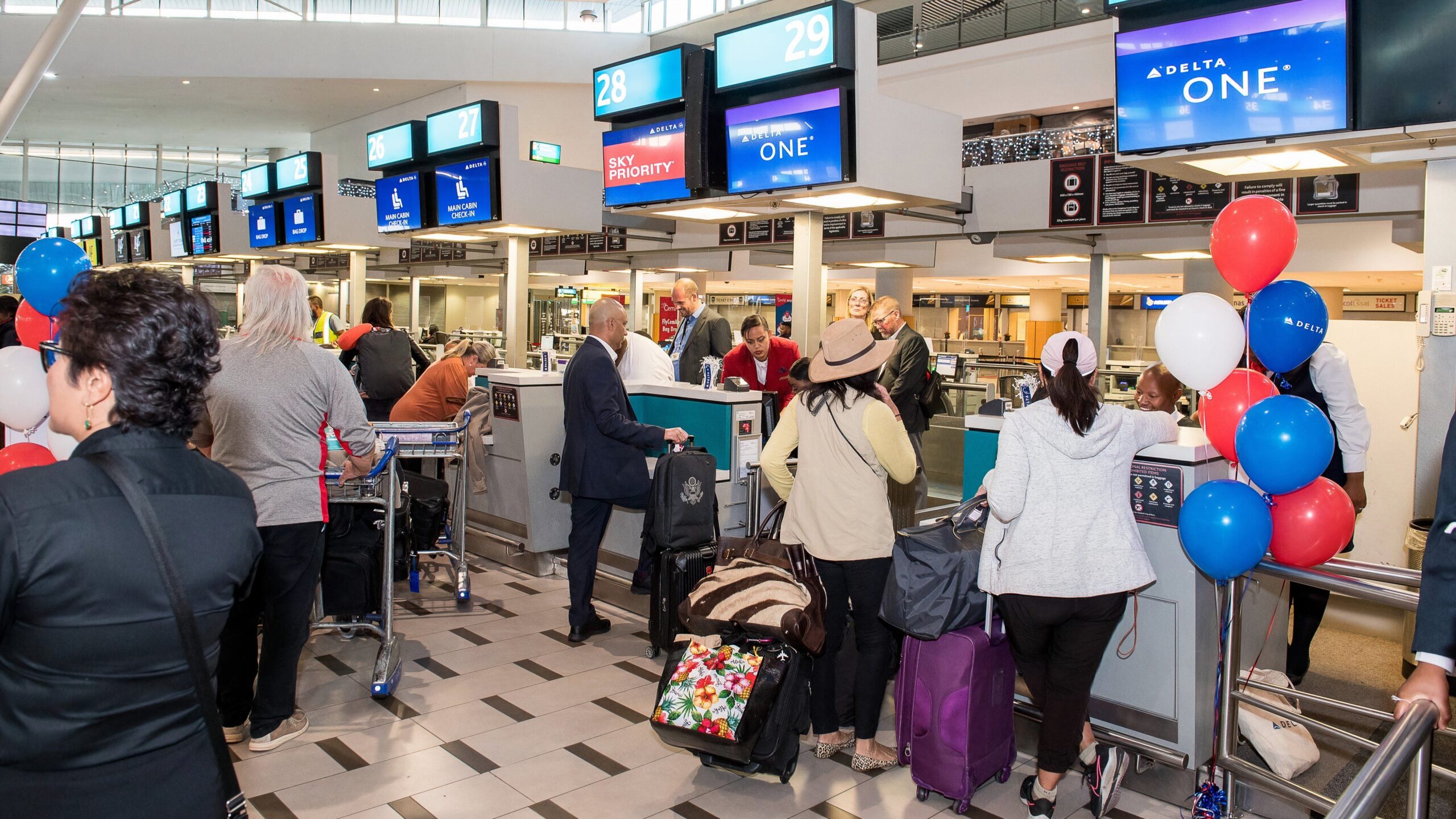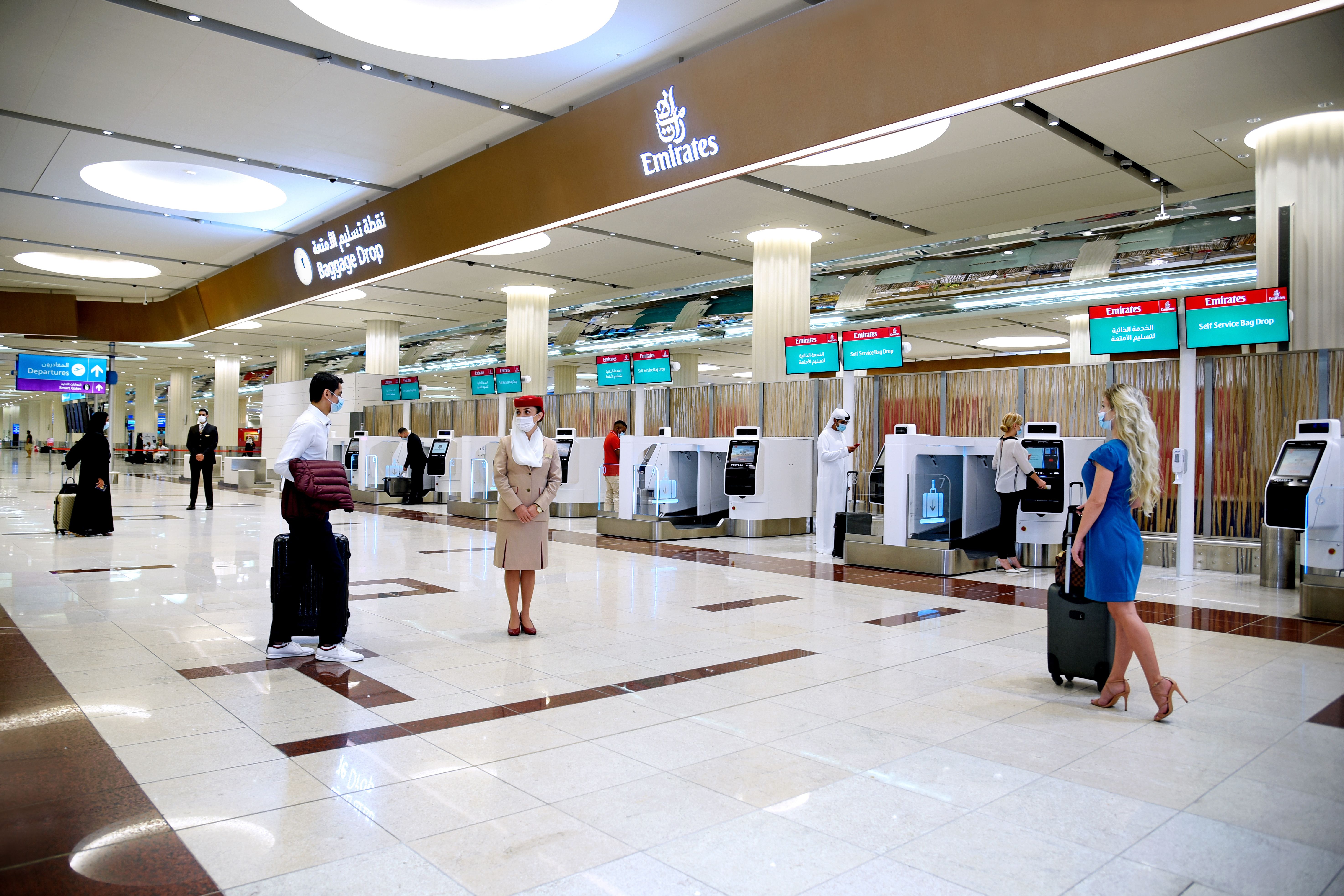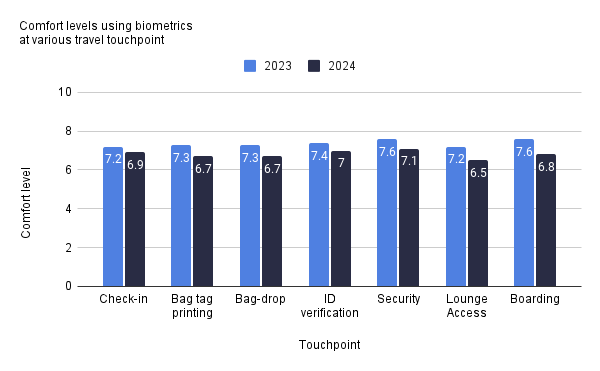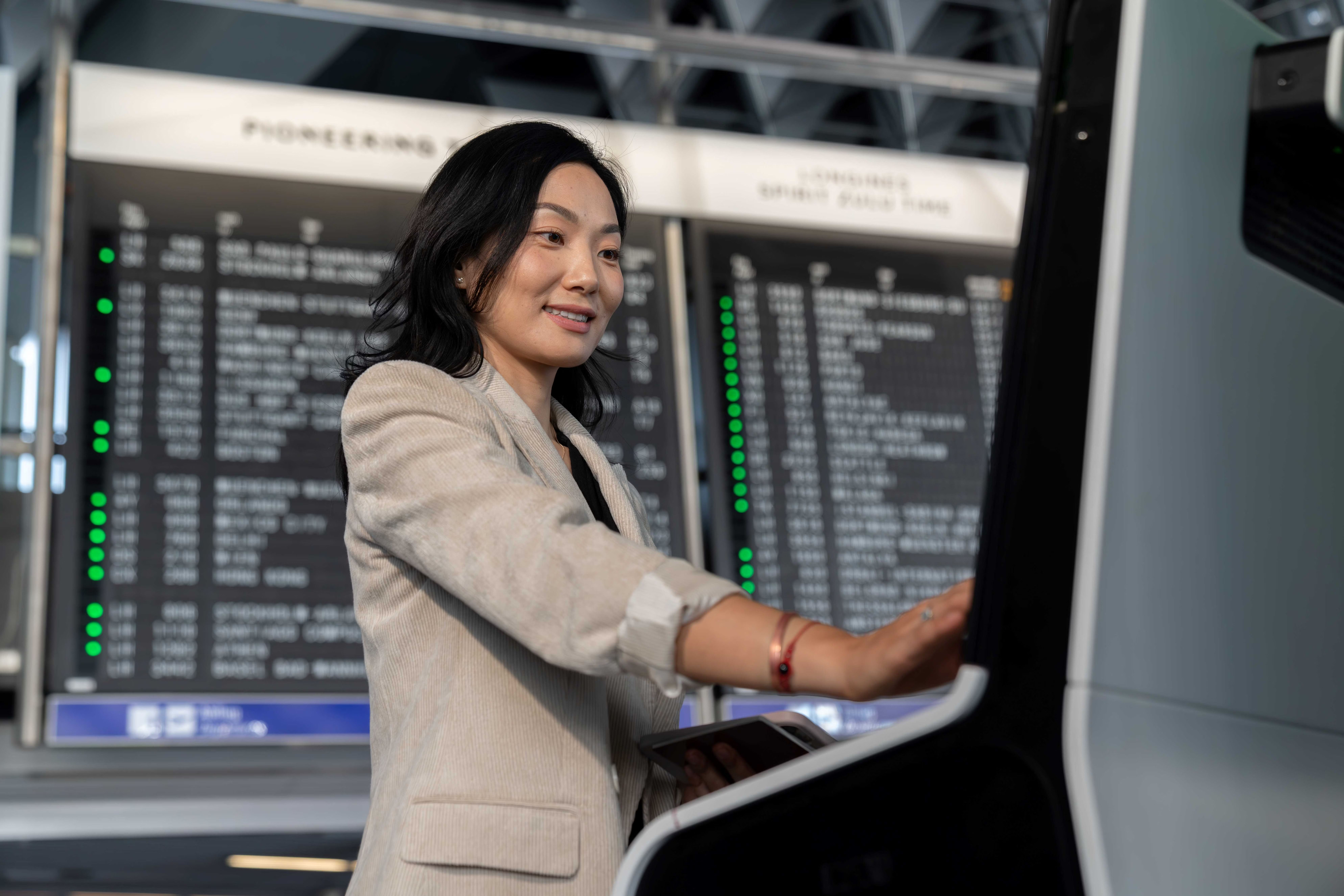As passengers continue to demand more efficiency in the global air transport industry, about 64% of travelers who participated in a SITA survey highlighted shorter airport queues as the most important improvement they would like to see in the travel process.
Frustrating airport queues
It is not a secret that
long queues and waiting times at airports often frustrate travelers
. Many airports worldwide have taken significant steps to reduce waiting times and enhance the overall passenger experience through the use of technology. A recent study by SITA, the air transport industry’s IT provider, showed that shorter waiting times are a key improvement demanded by passengers.
Photo: Emirates
When asked what improvements they would like to see, 64% of the surveyed individuals chose shorter waiting times, placing it ahead of other critical issues like the ability to make a
single booking for all legs
with 40% or real-time notifications with 34%.
When asked about the issues that affect the overall passenger experience, 21% of travelers said “long waiting lines.” This response came second only to delays and cancelations, with 43%. About 50% of travelers have experienced long queues, making them a widespread issue within the industry.
What is the solution?
Alongside digital travel credentials, biometrics
have been identified as one of the key areas of technology that could help resolve the long queues and wait times. While they can speed up passenger processing times, many travelers have expressed concerns about data privacy.
Half of the travelers surveyed expressed concerns about data privacy, highlighting the need for education and reassurance about the safety and advantages of biometric technology. According to SITA and other technology providers,
biometric systems are tested against rigorous data security standards
. Still, passengers rate their comfort levels with biometrics at a relatively high 6.7 out of 10. SITA CEO David Lavorel said,
“We are on the cusp of a new era in travel, as unprecedented demand converges with technological innovations that have the power to revolutionize the journey. The appetite of passengers is clear: they’re eager to embrace the latest digital solutions to make their experience swifter and more streamlined than ever before. The responsibility falls to the industry to ensure travelers are fully informed of the advanced data security and privacy-preserving potential of biometrics.”
In 2024, passengers have expressed different levels of comfort using biometrics at various touchpoints. Some points have scored higher than others, with identity verification and security scoring seven and above. The table below shows the comfort levels of using biometrics, as per the data provided by SITA.
Graph: Simple Flying
As shown in the table, passengers’ comfort with biometric identification has decreased over the past year. The average score decreased from 7.4 in 2023 to 6.4 in 2024, likely due to rising public reservations about data privacy. As biometrics become more popular among airports and airlines, the aviation sector will have to take note of these issues.
Different organizations holding passenger data
Passengers also have some reservations about who they would trust with their data. According to the SITA survey, most travelers say they would ‘trust a fair amount’ or only ‘somewhat trust’ airlines, airports, and border control with their personal data. Furthermore, only about 20% would ‘trust a lot’ these organizations with their data.
Photo: SITA
Stakeholders have highlighted that travelers need to be educated and reassured about the safety and security of the technology. There is also a need to educate the public about what biometrics are, their use, and their advantages to travelers. As passengers value a more efficient travel experience, gaining buy-in for the use of biometrics is essential.





